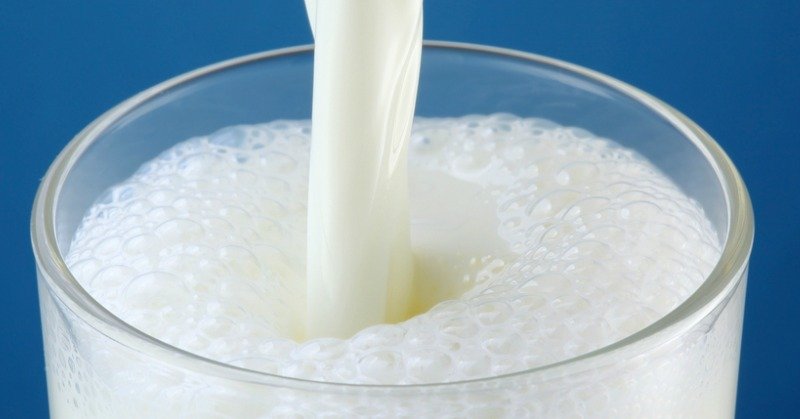 Milk is a confusing topic. With so many options like whole, skim, raw, pasteurized, homogenized, non-homogenized, organic, grass-fed, rBST free, cow, goat, and sheep, it’s no wonder! But what if there’s ANOTHER very important factor that you might be missing– one that can link certain varieties of the wonder food to inflammation and disease? You don’t want to miss this great read about the difference between A1 and A2 milk!
Milk is a confusing topic. With so many options like whole, skim, raw, pasteurized, homogenized, non-homogenized, organic, grass-fed, rBST free, cow, goat, and sheep, it’s no wonder! But what if there’s ANOTHER very important factor that you might be missing– one that can link certain varieties of the wonder food to inflammation and disease? You don’t want to miss this great read about the difference between A1 and A2 milk!
“When my in-laws moved from India to the United States some 35 years ago, they couldn’t believe the low cost and abundance of our milk—until they developed digestive problems. They’ll now tell you the same thing I’ve heard a lot of immigrants say: American milk will make you sick.
It turns out that they could be onto something. An emerging body of research suggests that many of the 1 in 4 Americans who exhibit symptoms of lactose intolerance could instead be unable to digest A1, a protein most often found in milk from the high-producing Holstein cows favored by American and some European industrial dairies. The A1 protein is much less prevalent in milk from Jersey, Guernsey, and most Asian and African cow breeds, where, instead, the A2 protein predominates.
“We’ve got a huge amount of observational evidence that a lot of people can digest the A2 but not the A1,” says Keith Woodford, a professor of farm management and agribusiness at New Zealand’s Lincoln University who wrote the 2007 book Devil in the Milk: Illness, Health, and the Politics of A1 and A2 Milk. “More than 100 studies suggest links between the A1 protein and a whole range of health conditions”—everything from heart disease to diabetes to autism, Woodford says, though the evidence is far from conclusive.” Keep reading…
You’re drinking the wrong kind of milk
Photo Credit: Depositphotos.com/Valentyn_Volkov